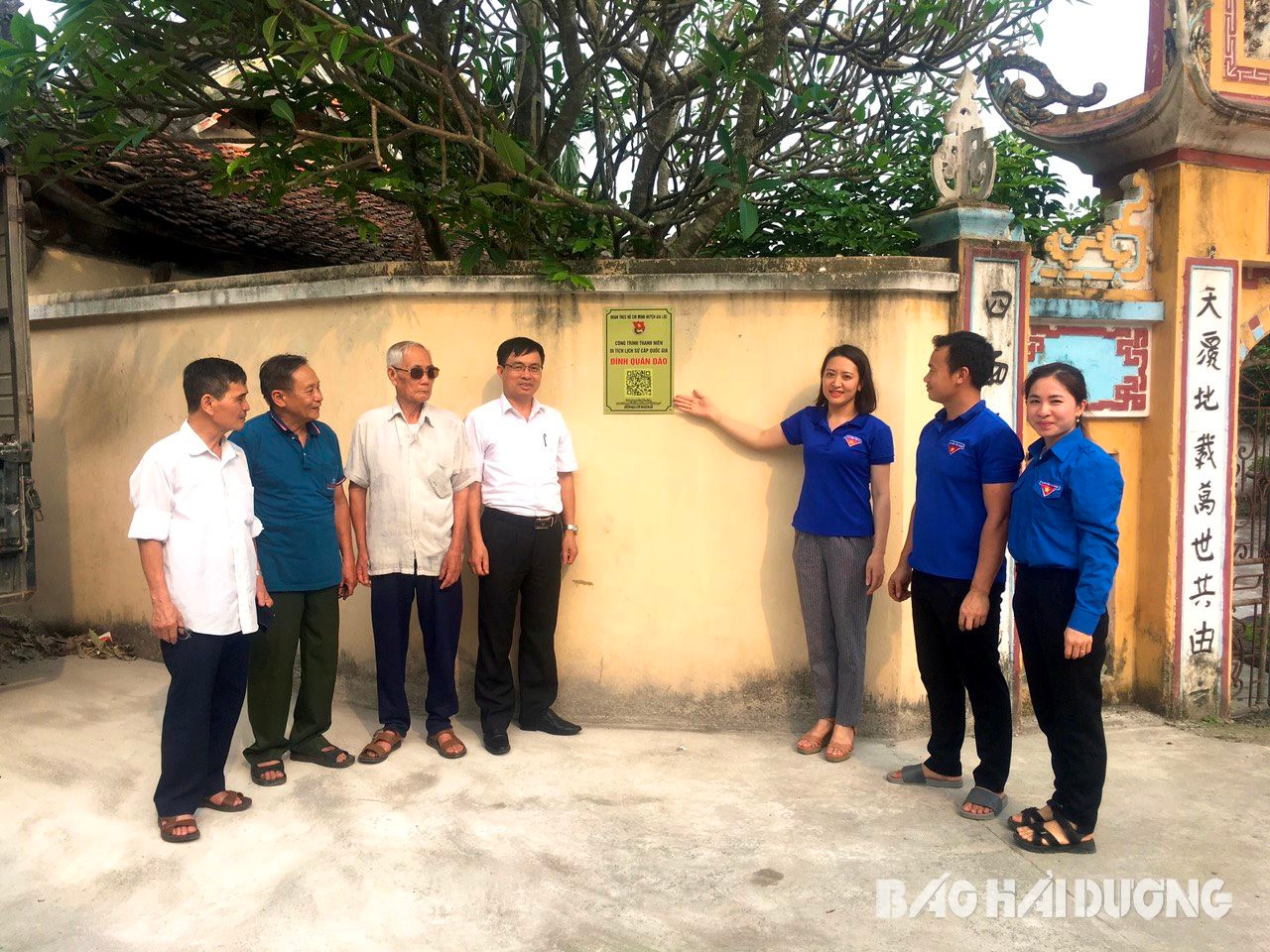In the digital age, young people have many opportunities but also many challenges.

In the era of globalization, international integration is an inevitable requirement. For successful international integration, the most important factor is human resources, followed by other infrastructure conditions. Regarding human resources, we must first have a team of citizens ready for integration. To be ready for integration, from human thinking to knowledge is very important.
Currently, high-quality human resources are still a challenge for Vietnam. Our average labor productivity is still low compared to many countries in the region. The rate of trained workers is not high. High-quality workers and experts are still lacking. The quality of university education is not as expected... This is also a barrier in the process of socio-economic development as well as the integration process of Vietnam. Therefore, to successfully integrate internationally, it is necessary to further promote the education of integration awareness for each citizen, especially young people.
In the digital age, young Vietnamese people have many opportunities but also many challenges.
First of all, talking about opportunities, the advent of digital technology is a great step forward for humanity. Digital applications are present in all areas of life. Young Vietnamese people have favorable conditions to quickly access the achievements of the digital age.
The advantage of youth is their sensitivity to new things, their eagerness to learn, and their passion for discovery. Digital applications have helped young people's lives progress and become much more civilized compared to their parents' generation just one or two decades ago. Young people have many opportunities to study, work, and create thanks to very modern digital applications.
However, the biggest challenge in the digital age is that the emergence of sophisticated machines can cause a series of workers to lose their jobs. The advantage of a young, abundant labor force with cheap wages that Vietnam had in the previous period will gradually "disappear" when digital technology takes over. If they do not make an effort to study and improve their qualifications, it will be very difficult for young Vietnamese people to keep up with the global pace. In fact, Vietnamese workers still lack skills and productivity when working in a modern environment.
The industrial style of Vietnamese workers is not high, and their adaptation to modern environments is still poor. Many young people are even lazy in studying and researching. Digital technology applications are also wasted when many young people only use them for entertainment.
Faced with these opportunities and challenges, young Vietnamese people need to be ready for international integration and make more efforts in studying, working and researching. This is an inevitable trend, the mission, duty and responsibility of every citizen.
Along with self-improvement of capacity and integration ability of each citizen, the State needs to focus on improving the quality of education and training, especially high-quality human resources, along with a regime to attract and treat talents appropriately, which is also a significant driving force to improve the quality of human resources.
In the current era of deep international integration, connecting with the global education network is very important. Therefore, it is necessary to increase exchanges and learn from experiences from different countries in educating the young generation to integrate internationally as well as helping young people study and work internationally. Only then can we promote the development of domestic education and build a dynamic, integrated, and talented young generation.
Particularly for Hai Duong province, digital transformation and international integration have received great attention since the beginning of the term, the contents of digital transformation are reflected throughout the Resolution of the 17th Provincial Party Congress. In the recent period, local Party committees and authorities have continuously carried out the tasks of socio-economic development of the province associated with digital transformation, application of science and technology while strengthening international integration. The province has promoted restructuring of the agricultural sector towards the application of high technology, smart agriculture, organic agriculture. Developing high-tech industry, supporting industry. Investing in building the province's dynamic urban areas to become green, smart, modern urban areas. Focusing science and technology resources on applied research tasks and implementing digital transformation in the province's socio-economic fields. Increasing foreign investment attraction; organizing international trade promotion activities; Organize many delegations to survey, work and exchange experiences abroad...
Faced with these changes, the leadership team, cadres, civil servants and public employees also need to make changes to adapt and meet the requirements of the job. In particular, young workers in Hai Duong need to improve their professional qualifications and skills so as not to be "outdated" in the development of the new era.
NGUYEN THI VIET NGA